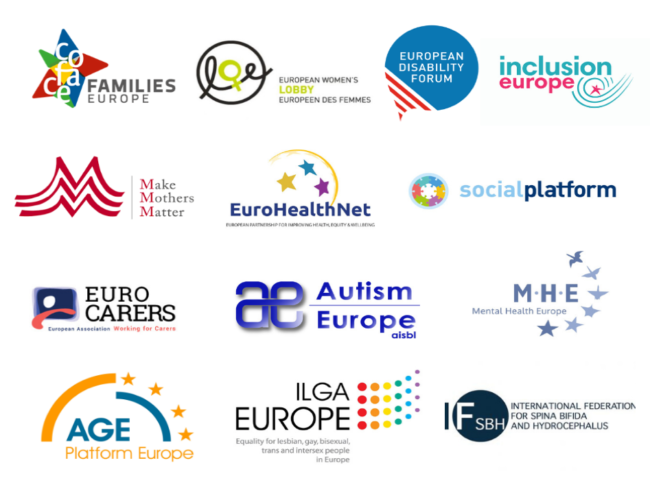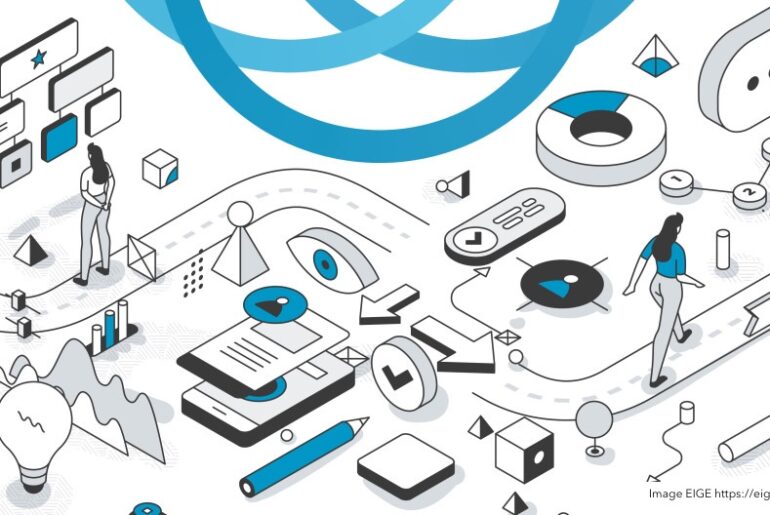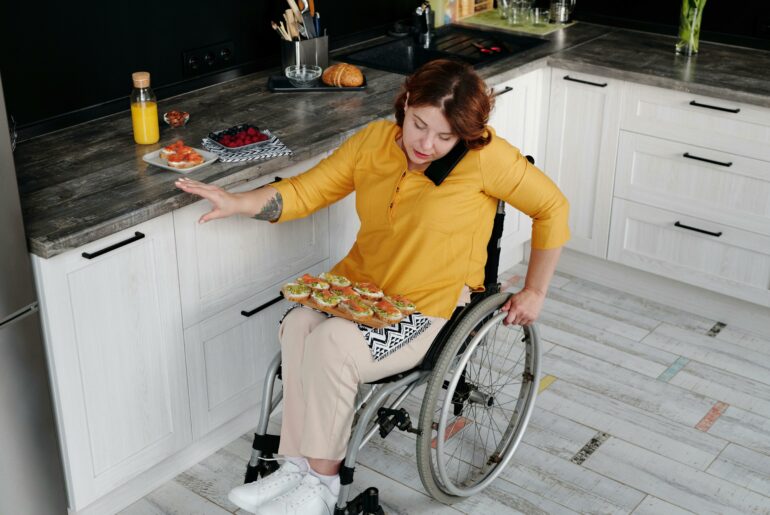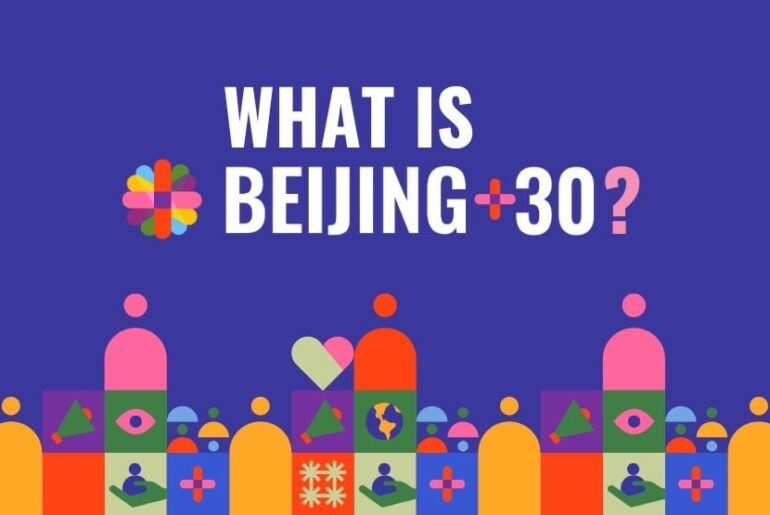MMM supports civil society call for swift transposition of EU Work-Life Balance Directive
12.06.19

In a joint letter to the EPSCO Council who will be meeting on June 13th, a Coalition of European NGO networks are urging national governments to move towards a swift transposition of the EU Work-Life Balance Directive once it is finally adopted. The WLB Directive is an important stepping stone in the consolidation of existing rights and the establishment of new ones for millions of citizens #iwantworklifebalance
Time Poverty and the Motherhood Penalty
Unveiling Economic and Social Injustices
09.07.24
Mothers play an essential role in families by ensuring their loved ones are nourished, educated, and healthy, but their unpaid care work often leads to economic and social injustices, known
Envisioning care as a common thread to global crises
29.07.24
UN New York - Our virtual HLPF side-event brought together experts to shed light on how the various global crises we face (in particular climate change and other environmental crises,
We call for multi-stakeholder approach to recognise and support unpaid care work
21.07.24
UN New York - Participating in the meeting of the UN Economic and Social Council (ECOSOC) on care and support systems, MMM reaffirmed the principle of co-responsibility, which should underpin








